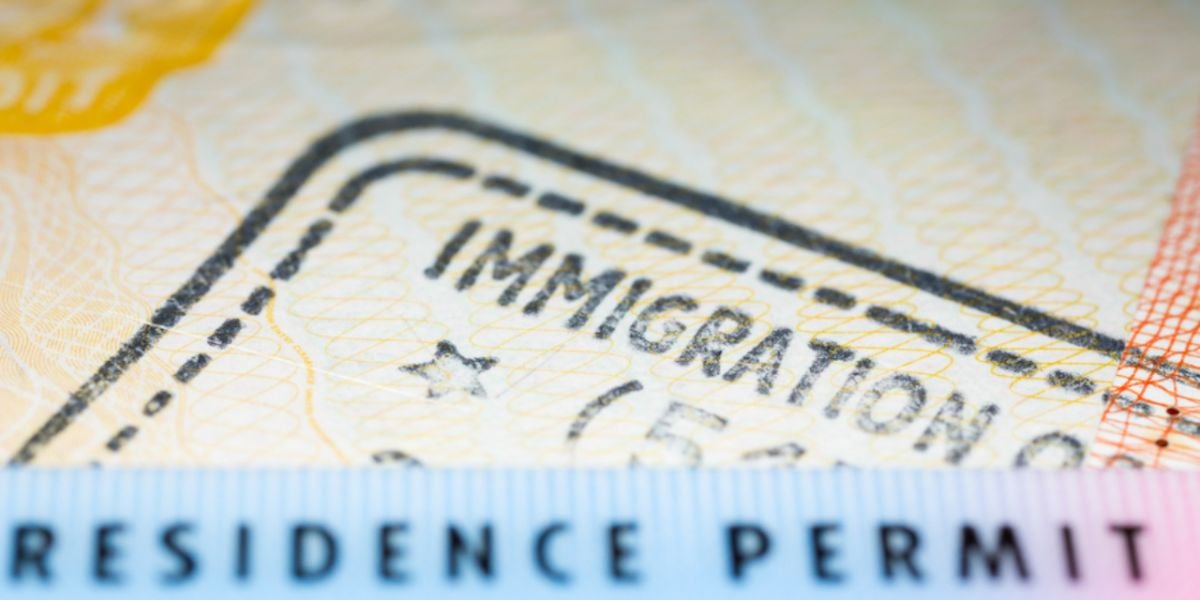
Before traveling to Spain for your new life abroad, you will need to be aware of the country's many customs regulations. Foreigners are advised to check which items they can and cannot carry in their luggage. As with every other country, some things can be imported duty-free, while others may be controlled or banned. Note there are different regulations for European Union and non-European Union citizens.
You can find all the information you need with your travel courier and on the website of the Agencia Tributaria (Spain's taxation authority or revenue agency). Meanwhile, here's a handy guide covering key points.
If you are shipping your belongings to Spain, you will need the following documents:
- Passport
- NIE (your foreigner identity number)
- Certificate of residency
- Letter from your employer (if you're not a retiree)
- Work permit
- A complete inventory of your goods (in Spanish)
- Customs application for duty-free import
Spanish currency
Regardless of where you are entering from, the maximum amount of cash you can bring into the country without having to declare it is €10,000 (or the equivalent in another currency). Cash is defined as coins, banknotes, cheques, money orders and bankers' drafts. If you are traveling with more than the equivalent of €10,000, fill out a declaration and submit it on arrival. You can find the forms here on the Agencia Tributaria website. If you fail to make a declaration, you could have your cash confiscated and receive a fine of up to 50% of the value of the money.
Duty-free products in Spain
There are no limits on the amount of alcohol or tobacco you are permitted to bring in from other European Union countries, provided they are for personal use. To determine whether they're for your use, customs officials will look at the quantities you are carrying and other factors. If they suspect the goods are not for personal use, you have to prove they are. If you can't do this, you may be asked to pay duties. Or the products will be confiscated. Each EU country sets its own maximum amount.
Current EU guidelines are:
Tobacco products
- 800 cigarettes
- 400 cigarillos
- 200 cigars
- 1 kilogram of smoking tobacco
Alcoholic beverages
- 10 liters of spirits (for example gin or whiskey)
- 20 liters of fortified wine (such as sherry or port)
- 90 liters of wine (of which 60 liters can be sparkling wine)
- 110 liters of beer
If you enter Spain from a non-EU country, the following restrictions apply:
Tobacco products
- 200 cigarettes
- 100 cigarillos
- 50 cigars or
- 250 grams of smoking tobacco
Alcoholic beverages
- 16 liters of beer
- 4 liters of still wine
- 2 liters of beverages less than 22% alcohol, fortified wine and sparkling wine
- 1 liter of spirits over 22% alcohol or 1 liter of undenatured alcohol (ethyl alcohol) at 80% alcohol (or over)
You will need an export license if you carry cultural artifacts over 50 years old.
Important:
Following Brexit, the UK is a non-European country.
You can also carry cosmetics and medication for personal use. Regarding medicines, you must have your prescription or doctor's report with you. Additionally, foreigners can carry other goods up to a value of 300 euros per traveler or 430 euros if traveling by air and sea. Travelers under the age of 15 can carry personal items of a non-commercial nature up to a value of 150 euros.
Drivers are permitted to carry up to 10 liters of fuel in their motorized vehicles. This is in addition to what's in the tank.
Limits on Tobacco and Alcohol in Spain
People under the age of 17 are not allowed to import duty-free tobacco products or alcoholic beverages. For workers or residents in the area bordering Gibraltar, the number of cigarettes is lowered to 80. For workers of international transport companies, the quantities are reduced to one-tenth of the regular allowances.
Banned products in Spain
Some products may be subject to specific controls or restrictions or are prohibited: They include:
- Firearms, ammunition and unapproved fireworks
- Animal skins
- Drugs and narcotics
- Counterfeit products
- Plants products (flowers, fruits, vegetables and other plants)
- Waste (including radioactive materials)
- Veterinary drugs
- Protected wild animal and plant species
- Exotic animals
- Obscene or pornographic material
No meat or dairy products without veterinary documentation (if arriving from a non-EU country) are permitted. However, powdered infant milk, baby food or food required for medical reasons are allowed, and some fish products, snails, and honey for personal use.
Good to know:
If you are a citizen of a non-EU country, you can ship household items and personal possessions free from duty and VAT if they have been used for at least six months. You will need to provide documentary proof, including ID, residency status, an inventory list in Spanish, evidence that your items are at least six months old, and that you have lived in your country of origin for at least six months. Failure to provide the correct paperwork could result in delays and charges.
Bringing pets to Spain
If you plan to bring your pet along to Spain, the country has specific animal import regulations. You will need to ensure your pet has an up-to-date vaccination and microchip. Your pet must have an EU passport if you are from a European Union country. Pets from outside the EU must have a valid animal health certificate (translated in Spanish) issued by a certified veterinarian.
Useful links:
We do our best to provide accurate and up to date information. However, if you have noticed any inaccuracies in this article, please let us know in the comments section below.








